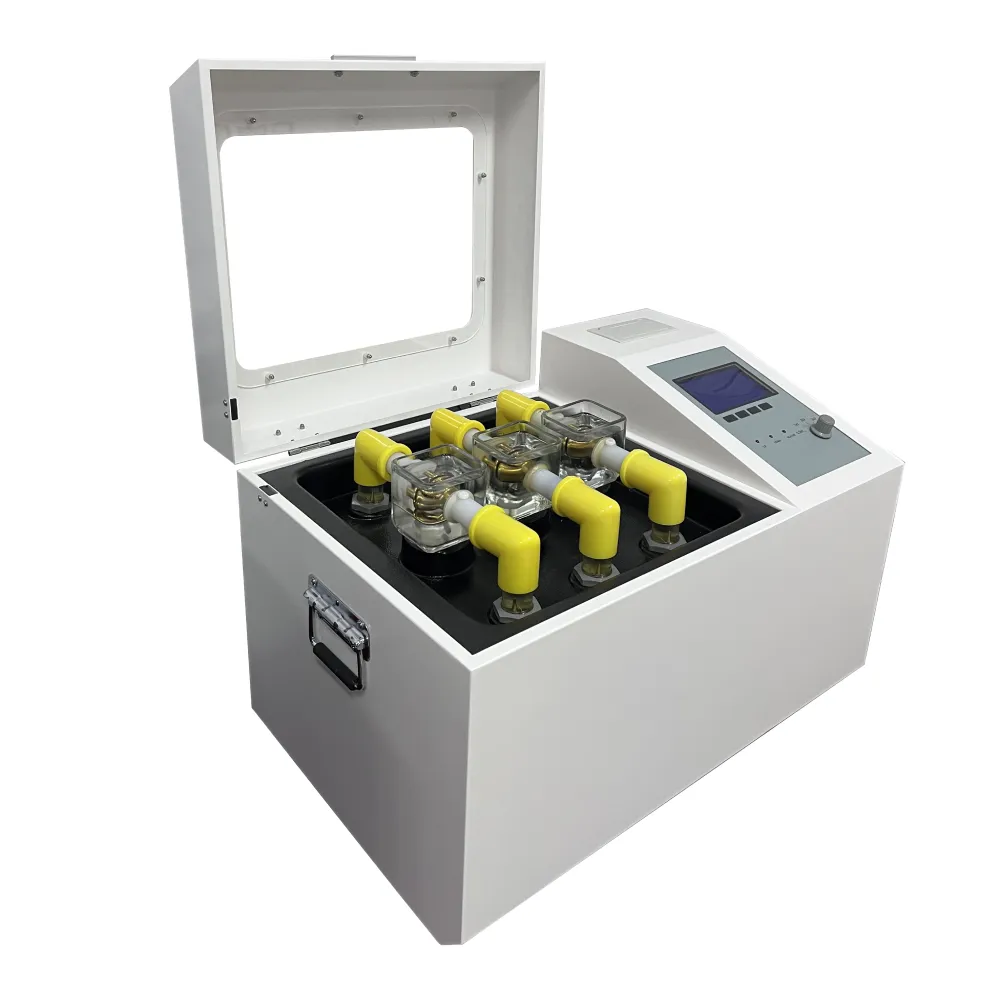 English
English


oil viscosity measuring instrument
Understanding Oil Viscosity Measuring Instruments
Oil viscosity is a critical parameter that affects the performance and efficiency of a wide range of machinery and equipment. It measures the internal friction of a fluid, indicating its resistance to flow. Proper viscosity measurement is essential in various industries, including automotive, manufacturing, and petrochemicals, to ensure optimal operation and longevity of machinery. To accurately measure oil viscosity, specialized instruments are employed, each designed for specific applications.
Understanding Oil Viscosity Measuring Instruments
Capillary viscometers are among the most commonly used devices due to their accuracy and simplicity. They operate by measuring the time it takes for a certain volume of oil to flow through a narrow tube. This method is particularly effective for Newtonian fluids, whose viscosity remains constant regardless of the shear rate. However, for non-Newtonian fluids, where viscosity can change under different shear conditions, a rotational viscometer is more appropriate. This instrument applies stress to the fluid and measures the resulting flow, providing detailed rheological data.
oil viscosity measuring instrument

Rheometers go a step further by offering a comprehensive analysis of a fluid's flow behavior under varying conditions. They can assess both viscosity and elasticity, allowing for a deeper understanding of how an oil behaves under different temperatures and shear rates. This data is invaluable in industries where performance under specific conditions is critical.
Temperature control is another vital aspect when measuring oil viscosity. Oils can exhibit significant changes in viscosity with temperature fluctuations. Therefore, many viscometers come equipped with temperature regulation features to ensure accurate readings. Additionally, some advanced instruments integrate digital sensors and software applications that provide real-time data analysis, enhancing the reliability of viscosity measurements.
In conclusion, oil viscosity measuring instruments play a crucial role in maintaining the efficiency and effectiveness of machinery across diverse industries. By providing accurate and timely viscosity data, these instruments help engineers and technicians to select the right oil for specific applications, predict maintenance needs, and optimize operational performance. As technology advances, we can expect continued improvements in the accuracy, automation, and ease of use of these vital instruments, further contributing to the sustainability and efficiency of industrial operations.
-
Differences between open cup flash point tester and closed cup flash point testerNewsOct.31,2024
-
The Reliable Load Tap ChangerNewsOct.23,2024
-
The Essential Guide to Hipot TestersNewsOct.23,2024
-
The Digital Insulation TesterNewsOct.23,2024
-
The Best Earth Loop Impedance Tester for SaleNewsOct.23,2024
-
Tan Delta Tester--The Essential Tool for Electrical Insulation TestingNewsOct.23,2024





